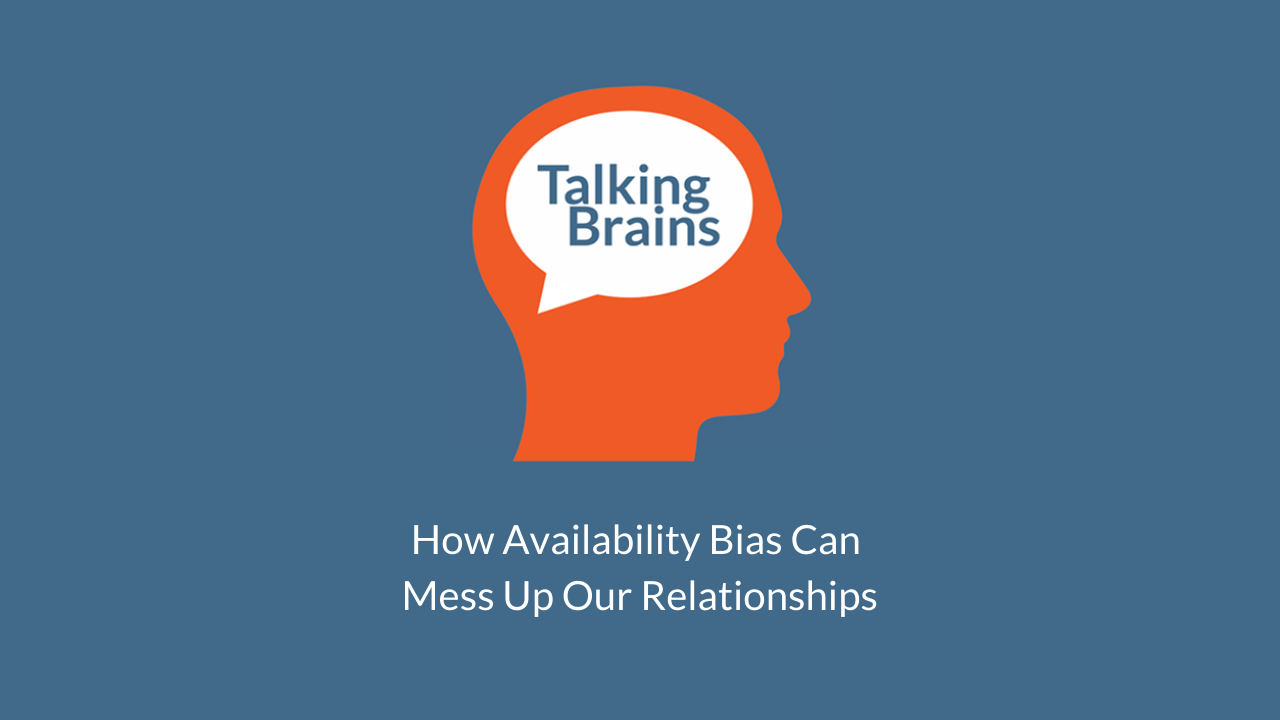How to cope when your partner has a different sex drive than you.
I have seen many couples in therapy for whom the number-one concern is differing sex drives. Interestingly, I have not seen a difference in gender regarding who has the higher sex drive and who has the lower one — so many factors come into play with libido. But there are ways you and your partner can work together to get on the same page, or at least closer pages.
The following tips apply if you are the partner with a higher sex drive or if you are the partner with a lower sex drive:
1. Get a checkup.
As men age, testosterone levels drop. This can lead to a decrease in sex drive. Hypothyroidism, or an underactive thyroid, can lead to a decrease of libido as well. Luckily, both of these issues can be diagnosed, in part, through a simple blood test, and medication is available.
Know your family’s medical history. Many health issues are genetic, and so the more information you have, the more your doctor can help you. Get information on your “first-degree” relatives (parents and siblings) and “second-degree” relatives (grandparents, aunts, uncles, and cousins). Find out about any history of medical conditions, and what treatments helped; there is a good chance those treatments may help you as well. (If you are adopted and don’t know your family history, there are several ways you can go about finding information about your biological parents. Start with the U.S. Department of Health and Human Services.
2. Get enough rest.
Yes, you may be sleeping, but is it quality sleep? If you have sleep apnea, you may not be reaching deep levels of sleep. Your body is not fully waking up, but it is not getting restorative sleep either.
If you don’t wake up feeling restored or refreshed, consider getting a sleep study, which will help determine if you are having sleep apnea, restless leg syndrome, and more. See your general doctor for a referral to a sleep lab. Other tips:
- Shut off electronics an hour before bed. Back-lit devices have been found to inhibit melatonin release (Wood, et al. 2013). Melatonin is a hormone that helps get our brains ready for sleep.
- Have a completely dark room.
- Keep consistent sleep and wake times.
- Use the bed only for sleeping and sex.
- Use background sound to block out noise.
3. Improve your weight and get exercising.
If you have gained weight recently, it can change your hormone levels, and, in turn, your sex drive. Weight gain can also change the way you feel about your body — and that can lead to a decrease in sex drive. Consider consulting with a registered dietitian about healthy eating habits. If you are eating healthy, but are still gaining weight, consult your doctor; hypothyroidism, for example, can cause weight gain.
Exercise is key to a healthy lifestyle. I have worked with couples that found that regular exercise not only increased their libido, but also made them feel more confident in their body image. This, in turn, led to an increased sex drive.
4. Talk about it.
Over time, resentments can build in a relationship — particularly when there is not open communication. When two people feel they can speak freely, resentments tend to work themselves out.
5. See a couples’ therapist.
If communicating about your needs is difficult, you are not alone. Many people have difficulty voicing their concerns; sometimes it may be difficult for you to truly know what your needs are. A couples’ therapist can help you and your partner communicate more effectively, especially about emotion-laden issues like sex.
6. See a certified/licensed sex therapist.
Certified sex therapists have completed training beyond that required for their professional license. Your state may differ on whether sex therapists need to be certified or licensed to refer to themselves as such. Sex therapists should have particular training in how brain health (anxiety, depression, trauma) impacts libido, and how to help couples for whom sex is a main area of concern. You can find a sex therapist through the American Association of Sexuality Educators, Counselors, and Therapists (AASECT).
7. See a mental health professional for an evaluation.
If you have bipolar disorder, you may have an increased sex drive during manic or hypomanic phases. If you recently had a baby, you may be experiencing postpartum depression, which can lead to a decrease in sex drive. Depression in other forms leads to loss of libido as well. Medication can help if you are low in certain brain chemicals, or neurotransmitters, and therapy can also assist with working through patterns of behavior that no longer serve you in the present.
8. Accept that you have different drives.
Sometimes people are just “wired” a certain way. It could be that the two of you resolve that this is an area in which you just have different needs. It may be that you “meet in the middle.” If you have the lower drive, try to be more open to engaging in sexual activity. If you have a higher sex drive, try to work on accepting less sexual contact. What is not recommended is bringing in a third person to “spice things up” and make your partner happy. In therapy, I have often seen this destroy relationships.
9. Are you needing sex — or affection?
Do you need sex, or are you craving more affection? There is a difference. Maybe you are craving more physical contact with your partner, and not necessarily sex. People can have different levels of comfort with physical affection. Some are comfortable being physically affectionate, while others aren’t as comfortable with it. Comfort level with affection is something that, like sex drive, can be “wired” into us.
10. Do you have a pornography problem?
If you are spending increasing time looking at pornography, “real life” sex may no longer give you the same excitement. Porn can also give you unrealistic expectations about sex. Occasional viewing of porn, either alone or as a couple, is not an addiction. But you may have a problem if you are consistently searching for it, it has interfered with your relationship, and you need to watch more and more intense scenes to get the same level of excitement. If you find yourself in this situation, it is recommended you consult a mental health professional.
11. Schedule time alone.
There is always time for sex. It doesn’t matter how busy you are; you make the time. If you have to schedule time alone, so be it. Maybe it’s not very spontaneous to “pencil in” time for sex, but the way you’re doing things now isn’t working.
Copyright 2017 Sarkis Media
Originally posted at Psychology Today at: When Sex Drives Clash






